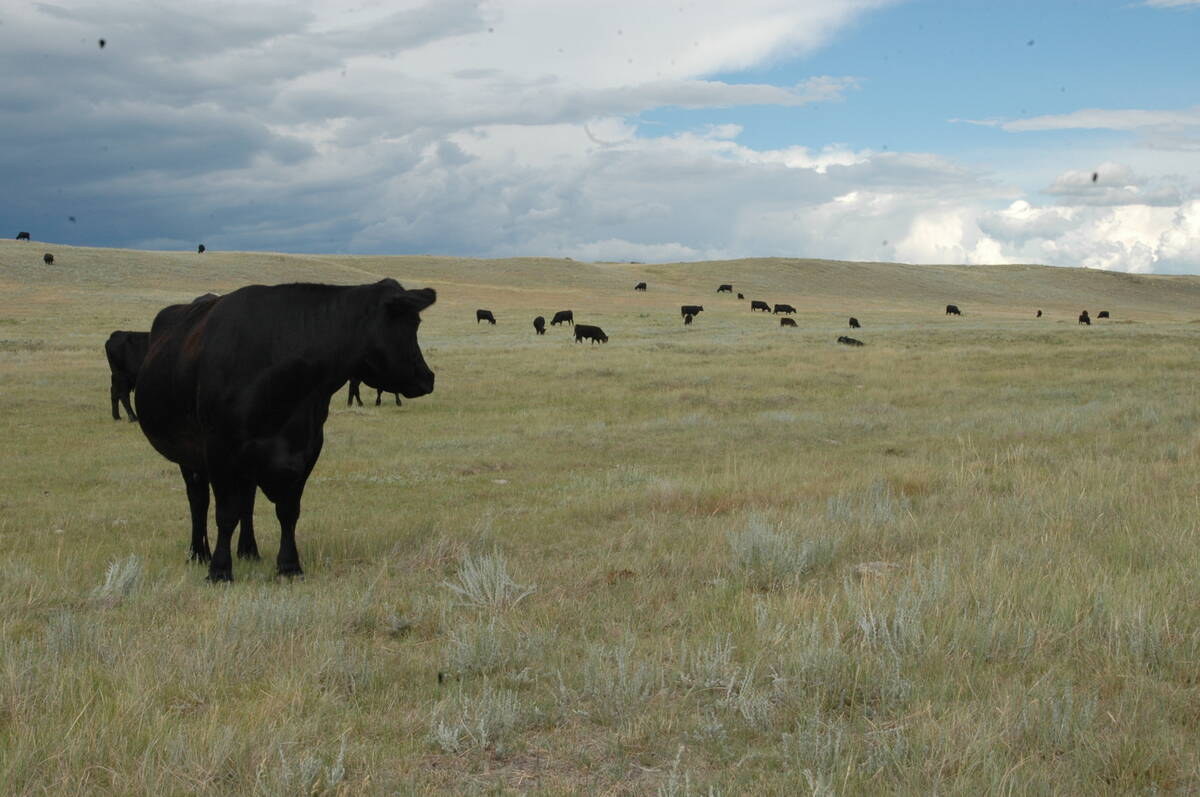Manitoba turkey producers are left with only one processor after P and H Foods closed the doors of its aging plant last week.
It was the second poultry plant in the province to close this year.
The company’s president said high costs of production made the plant uncompetitive.
“It’s a relatively old, small and inefficient facility which was run at low levels of capacity,” said Paul Borg.
The manager of the turkey marketing board said he found out by fax on Jan. 23 the plant was shutting down.
Read Also

Saskatchewan Cattle Association struggles with lower marketings
This year’s change in the provincial checkoff has allowed the Saskatchewan Cattle Association to breathe a little easier when it comes to finances.
Burt Waters said the P and H plant handled 30 percent of Manitoba’s turkeys. The province produces 1.65 million birds annually.
Producers will now sell all their turkeys to Granny’s Poultry in Blumenort, Man. Waters said he didn’t expect the change to cause any problems. He noted Granny’s handled all the province’s birds during a seven-week strike at the P and H plant last year.
Officials at Granny’s were not available for comment.
Tighter schedule
Farmers’ prices are set by the marketing board and will not be affected, Waters said. But the 65 producers and 10 breeders will likely face a tighter marketing schedule now that one plant is handling all production, he forecast.
“But it’s good for the industry, it has to be done,” said Waters.
Borg said P and H Foods owns another poultry plant in Winnipeg called Readyfoods Ltd. and two in Ontario. He said the business will be better off with the plant closed.
Borg explained there weren’t enough turkeys in Manitoba to fill the capacity of two plants in the province. For the first few months of the year, the plant used to run only once or twice a week.
But he said Manitoba consumers will still be able to buy the company’s well-known Butterball turkeys because they have ample supplies in freezers. Oversupply is something the whole industry is grappling with, said Borg.
“Supply is greater than demand. And when you have a situation like that, you have carryover inventories, and the cost of carrying those inventories is extremely expensive.”
It’s hard for processors and marketing boards to negotiate a supply level that meets consumer demand and farmers’ ability, Borg said.
“What needs to happen is, in order for the sake of this industry to continue to survive, that the national marketing agencies need to deal in a much more responsible manner in setting supply and reducing supply in order than the industry can remain profitable.”














